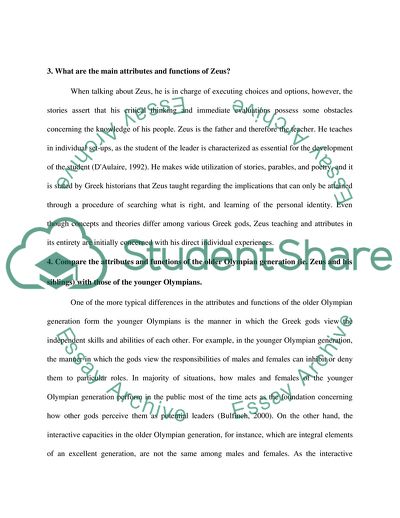Cite this document
(Myth in the Ancient World: Greek Mythology Assignment, n.d.)
Myth in the Ancient World: Greek Mythology Assignment. https://studentshare.org/culture/1709056-myth-in-the-ancient-world
Myth in the Ancient World: Greek Mythology Assignment. https://studentshare.org/culture/1709056-myth-in-the-ancient-world
(Myth in the Ancient World: Greek Mythology Assignment)
Myth in the Ancient World: Greek Mythology Assignment. https://studentshare.org/culture/1709056-myth-in-the-ancient-world.
Myth in the Ancient World: Greek Mythology Assignment. https://studentshare.org/culture/1709056-myth-in-the-ancient-world.
“Myth in the Ancient World: Greek Mythology Assignment”. https://studentshare.org/culture/1709056-myth-in-the-ancient-world.


